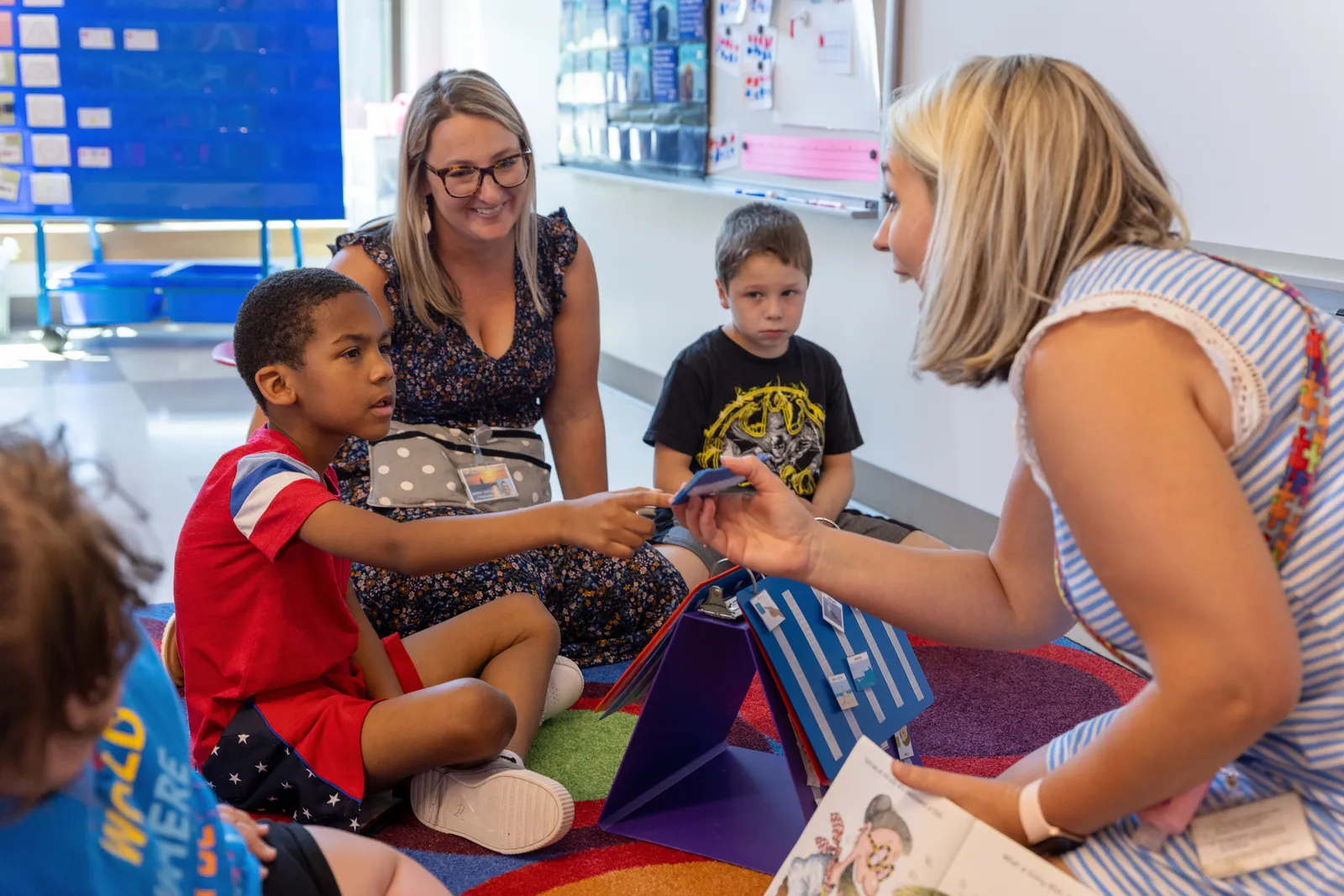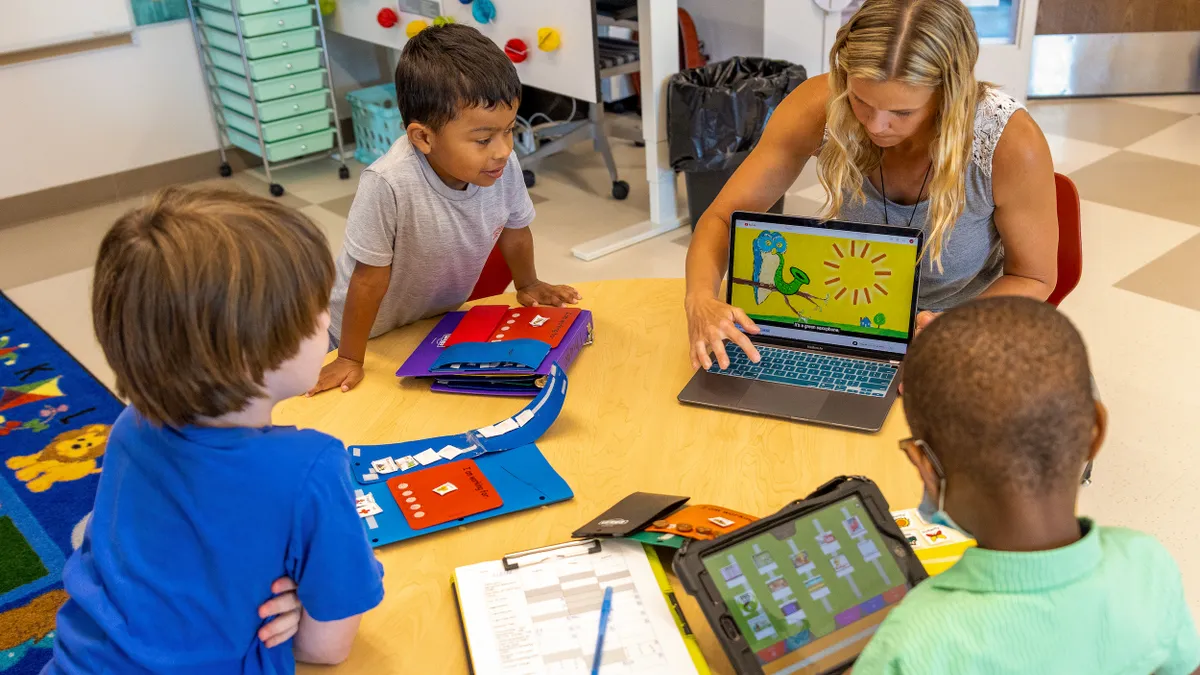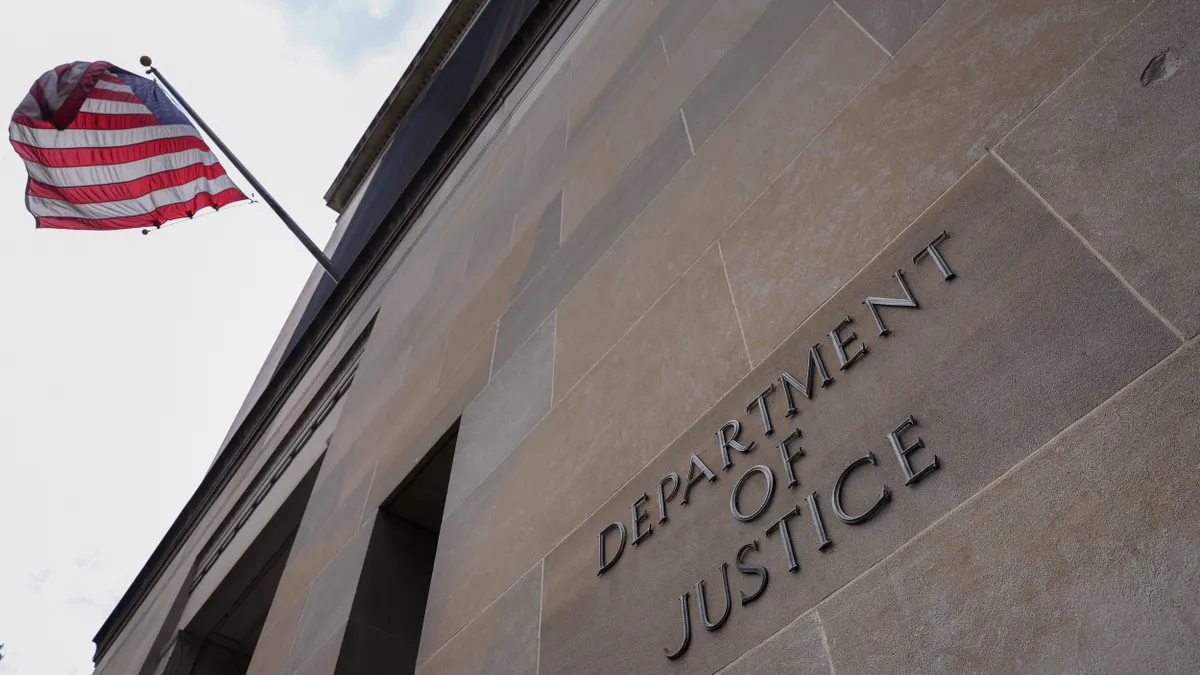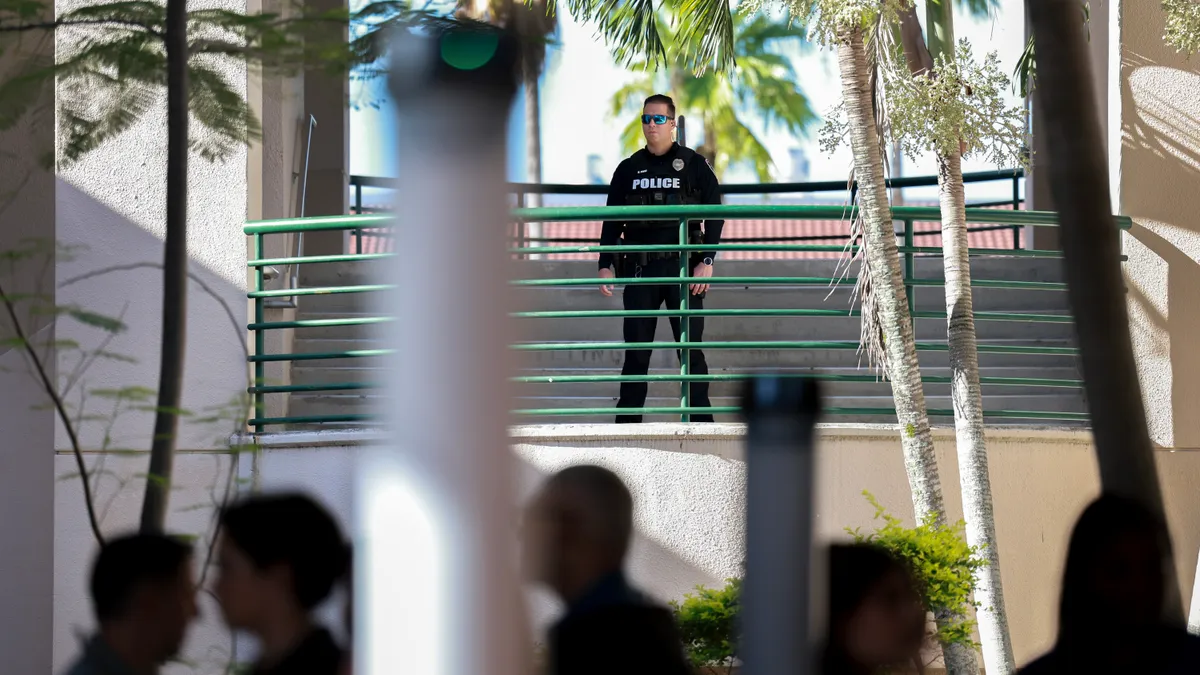Educators at a Delaware school who specialize in providing intensive support to students with autism have been sharing their expertise and instructional strategies with general and special educators at traditional schools.
Sussex Consortium is a public school in the Cape Henlopen School District in coastal Delaware. It serves students with intensive needs who are recommended by the district, as well as those recommended by other districts within Sussex County.
The school, which operates on a 12-month calendar, serves 450 students from birth through age 22. It has become the go-to knowledge base for approaches to autism education in the county — but that wasn't always the case.
Principal Vivian Bush, who has led the school since 2009 after serving as the school psychologist, said that 10 years ago, Sussex Consortium struggled with fine-tuning its professional development strategies around instruction and classroom management.
"When you teach severe and any kind of disability, it's really hard to find a curriculum to work with for those students."

Vivian Bush
Principal of Sussex Consortium
That was until the school consulted with Andy Bondy, an autism and developmental disabilities researcher who had developed the Pyramid Approach to Education. What the school needed was year-round teacher supports and on-the-job training, Bush said. The Pyramid approach guides a team of educators to address elements of instruction and learning environments and to create a plan of action to connect the different initiatives.
For example, Sussex Consortium would dedicate one month to focus on functional activities, such as teaching students about self-care, cooking and social skills. Another month, educators would concentrate on teaching communication skills, Bush said. And then subsequent months would address educator-specific topics such as teaching strategies, responding to errors, and data collection.
A consultant working with the school would support the educators' learning and offer feedback, she said. Administrators and support staff were also participating in the trainings. Over the years, trained educators would become leaders, helping to model the instructional strategies with other teachers. Now, Bush said, the school has 30 leaders supporting this approach.
Sharing the knowledge
Additionally, about six years ago, the school received permission from the state to offer educators an alternate route for an autism and severe disabilities teaching certification because of the specific educator training the school had put in place, Bush said.
Bush said the organized and thorough approach to training has improved teaching and learning at the school. "When you teach severe and any kind of disability, it's really hard to find a curriculum to work with for those students," she said. "So a lot of times, the teachers really felt they wanted to do a good job, but they felt like they didn't have the tools to do it.”
Over the last two years, Sussex Consortium educators have collaborated with general and special education teachers throughout the district to share best practices for classroom management and instruction, Bush said.

Traditional high school students may come to the Sussex Consortium school for vocational opportunities or social skills classes, Bush said. And the school's educators go to traditional schools to provide supports to teachers of students with autism whose lessons are aligned with the general curriculum or an alternate curriculum.
Nationally, the number of students with autism is on the rise. During the 2008-09 school year, about 5% of students receiving special education services had autism. By the 2022-23 school year, that figure jumped to 13%, according to data from the U.S. Department of Education released earlier this year.
The Centers for Disease Control and Prevention has also recorded increasing autism rates. In 2020, 1 in 36 children aged 8 had autism diagnoses. That’s up from 1 in 44 in 2018 and 1 in 150 in 2000.
Bush said the professional development model at Sussex Consortium has helped her be a better school leader. "Before, I would go in to evaluate a teacher…and say, 'This was wrong. This is wrong. This was wrong here. Fix this. Fix this,'" she said.
Because of the concentrated focus on specific teaching practices over certain time periods, Bush said, efforts to improve professional growth have been much more manageable for her and for the teachers. The teachers are "able to say, 'OK, I'm just working on this one thing right now to improve, and then I can move on to this next thing that I can improve in.'"







 Dive Awards
Dive Awards













